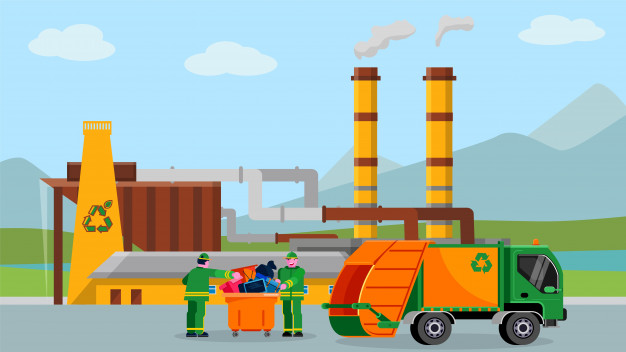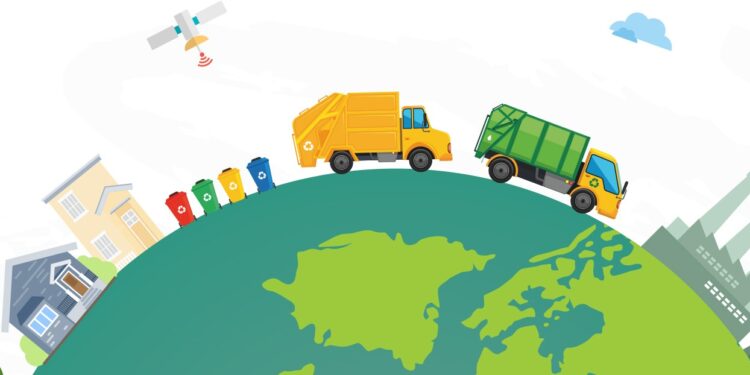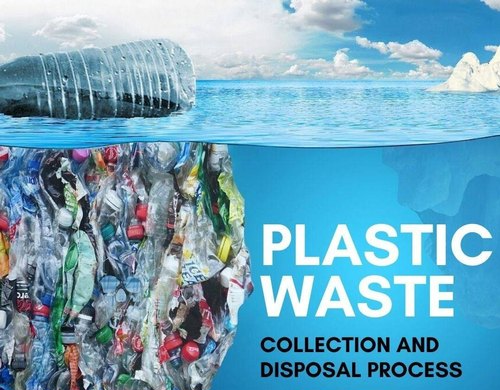Is plastic waste at sea, a seventh continent?
Every second, 100 tonnes of waste (out of the 4 billion produced annually) ends up at sea, a large part of which is made of plastic. Some do not hesitate to speak of a seventh continent.
Floating objects or microparticles, this plastic waste is deposited on the beaches, dispersed at sea, found on the seabed. What effects do they have on humans and their environment?
Global plastic production increases each year (299 million tonnes, or + 4% yearly increase), directly linked to the increase in population, with the consequence of increasing the amount of waste in the world. Why this success with plastic? Where is the world production of plastic? Nets, plastic shoes, tires are sometimes found in the ocean.
The History Of Plastics
Appeared in the 1950s, plastics, these plural materials, respond to multiple uses and are today essential to humans’ lives. Because of their particular qualities, hygiene, resistance to shocks and temperature variations, ease of shaping and rot-proof (a quality, but also a major defect), we come across them at every moment of our daily life, in particular in the form of packaging, which currently represents 66% of plastic waste.
World production of plastic bags exploded in the 1970s, reaching 4-5 trillion billion a year In the UK 16 billion bags were still distributed in 2000, with a spectacular drop of 90 since then, or 1 billion anyway!
Plastic waste ends up in sewers, rivers and then the sea. Neither collected nor recycled, most of the waste ends up on the path of sewers, rivers … pushed by rain, currents, winds … Land inputs thus represent 80% of the waste that arrives at sea.

Besides negligence, natural disasters (flood, tsunami, landslide of landfill along the coast …), accidents (following a loss of containers, 150 tonnes of industrial plastic pellets were found on the beaches of Hong Kong in July 2012), economic activity remains the main vector of this pollution (industries, urban and port activities, fishing areas, open dumps, tourism, etc.). For example, there has been a 75% increase in the volume of waste in the Mediterranean in summer near tourist areas. Plastic bottles, glass, containers: all kinds of plastics are found on our beaches.
As for marine litter, we note that it is mainly of maritime origin in the Atlantic (fishing and maritime transport zone) and terrestrial in the Mediterranean (tourism, urbanization). Six million tonnes of debris are discharged each year by ships (including containers, etc.). In the North Sea, 90% of the debris encountered is plastic packaging (bags, bottles).
Depending on their properties and thickness, this waste has various lifetimes: 1 to 5 years for nylon thread, 1 to 20 years for fine plastic packaging, up to 450 years for plastic bottles and 600 years for nylon fishing lines Industrial plastic granules or “tears of mermaids” can be found in white, amber, black, red colors on the beach of the Aquitaine coast (national nature reserve).
Macro And Micro Waste
Visible to the naked eye, plastic bottles and bags, pieces of polystyrene … constitute macro-waste which, under the effect of erosion and degradation (favored by light and oxygen), will eventually transform into microparticles (size less than 5 mm). There are many other sources of micro-waste such as small filaments from washing synthetic textiles.
The National Wildlife Laboratory found a set of plastic pieces removed from the stomach of a single northern fulmar, a seabird, during an autopsy.
Industrial waste represents only 10% and consists mainly of plastic granules intended for processing. These plastic pearls, micro-waste of half a centimeter in diameter, of various shapes and colors, which are found on all the seas of the globe, are nicknamed by Ifremer “the tears of the sirens”, in reference with pearl beads and multicolored pieces of glass eroded by the waves that used to be found on beaches.





